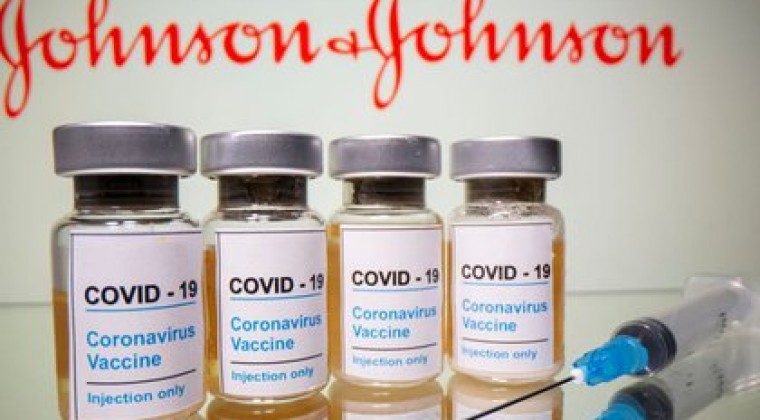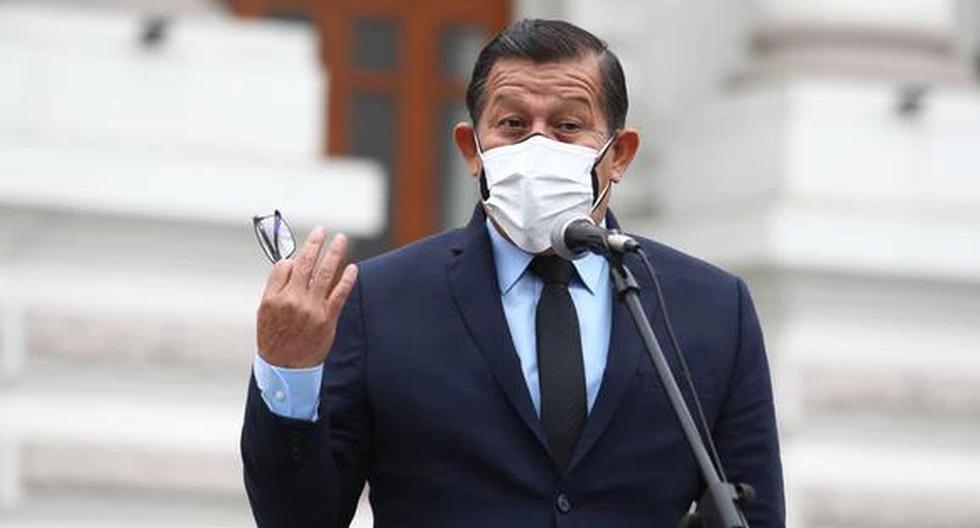The single-dose vaccine is less protective than those developed by Pfizer and Moderna, and in December the Centers for Disease Control and Prevention (CDC) advised the public to refrain from using it.
Thursday’s decision by the Food and Drug Administration (FDA) builds on that recommendation by limiting emergency use authorization for the J&J vaccine.
“Today’s action demonstrates the strength of our safety surveillance systems and our commitment to ensuring science and data guide our decisions,” FDA scientist Peter Marks said in a statement.
As of March 18, 60 cases, and 9 deaths, had been reported from thrombosis with thrombocytopenia syndrome (TTS), which produces unusual and life-threatening blood clots with low levels of platelets in the blood.
Symptoms begin about one to two weeks after the needle stick and occur more often in premenopausal women.
Concerns about the vaccine have meant that only 18.7 million doses have been administered in the United States, about 3.2% of the national total of 577 million.
However, the FDA did not completely disavow it, and Marks acknowledged the impact a ban could have on global use of the vaccine.
Although rare cases of heart inflammation in adolescent and young men are generally transient and most sufferers make a full recovery, objections to mRNA vaccines have also been raised more generally by anti-vaccine groups and linked to conspiracy theories.
Although such reservations are not based on evidence, the exemption to use the J&J injection does extend to those who “have personal concerns about receiving mRNA vaccines and who would not otherwise receive the Covid-19 vaccine,” it says. the FDA statement.

















